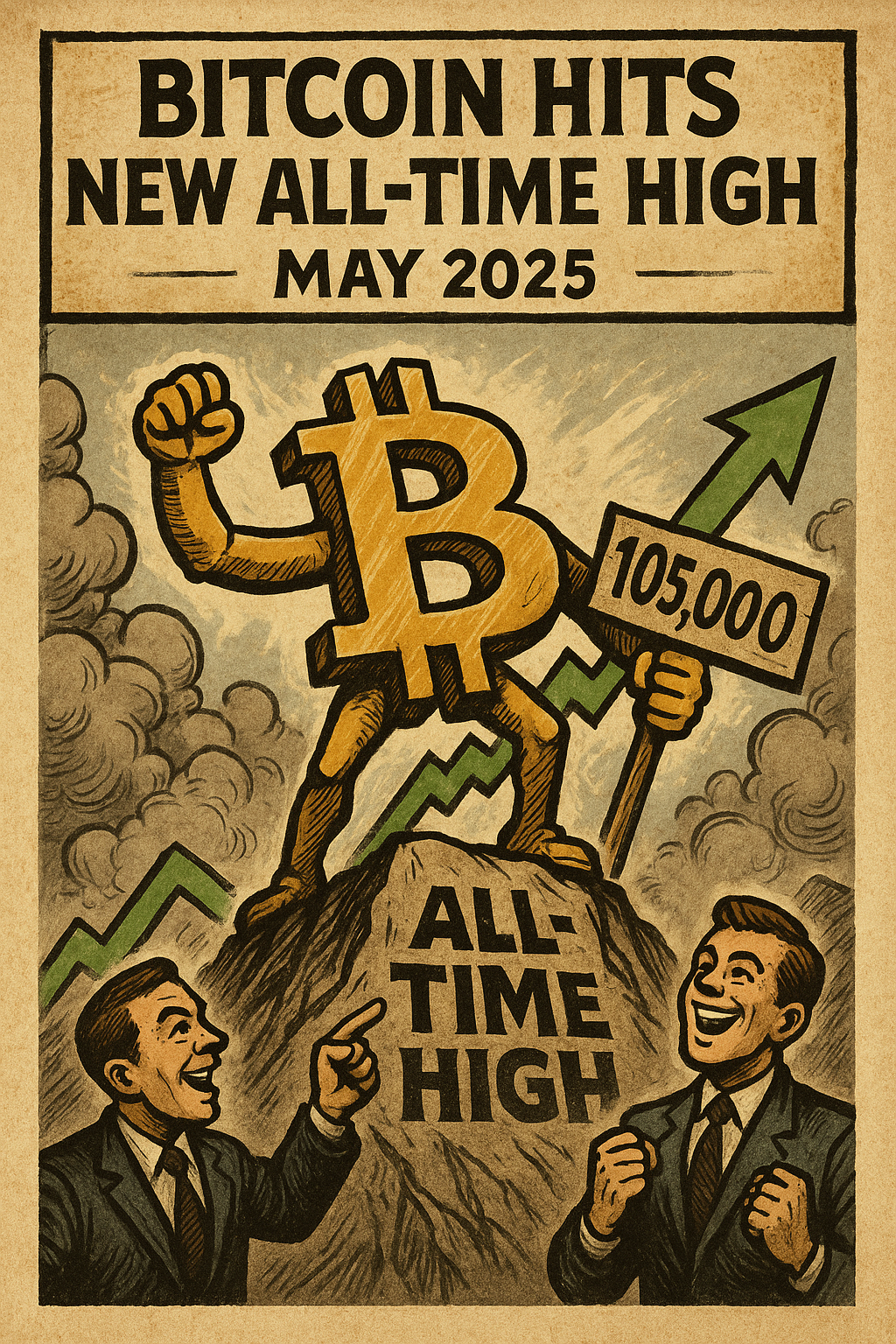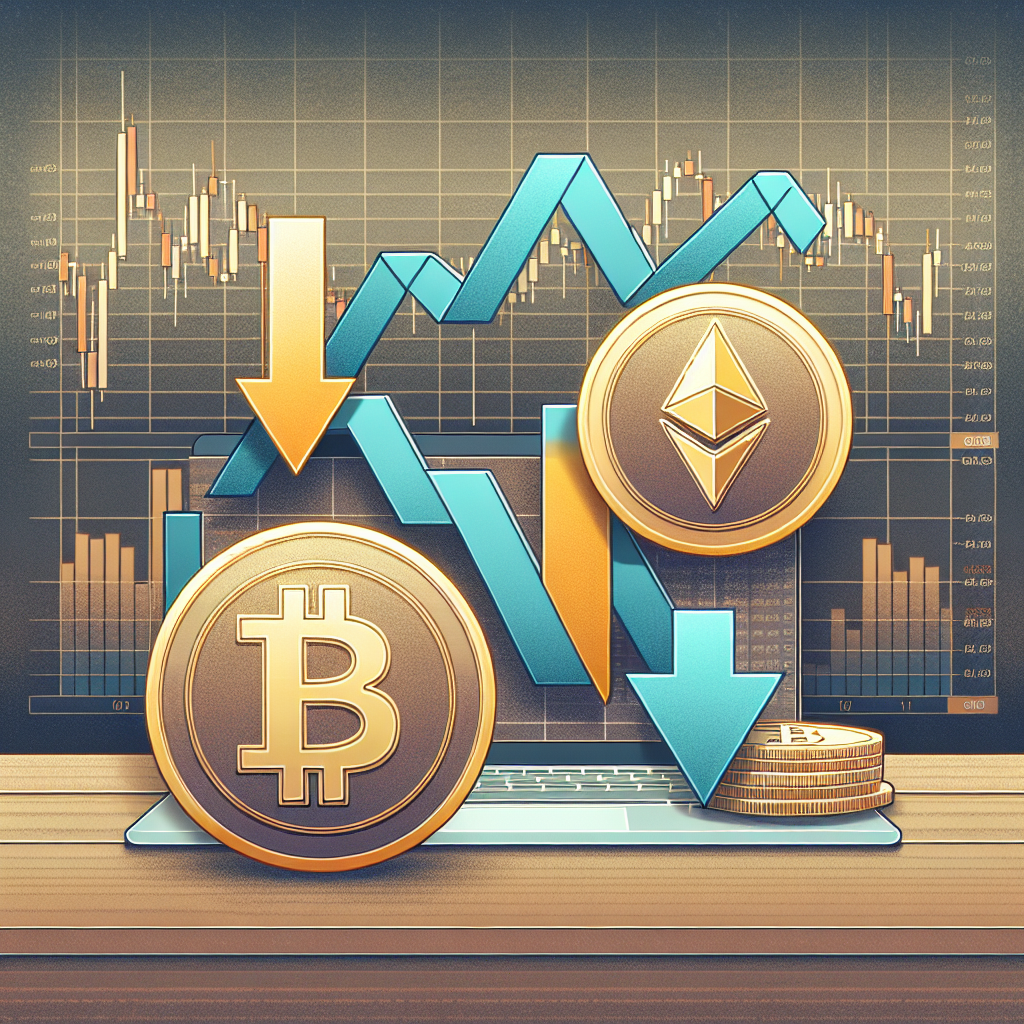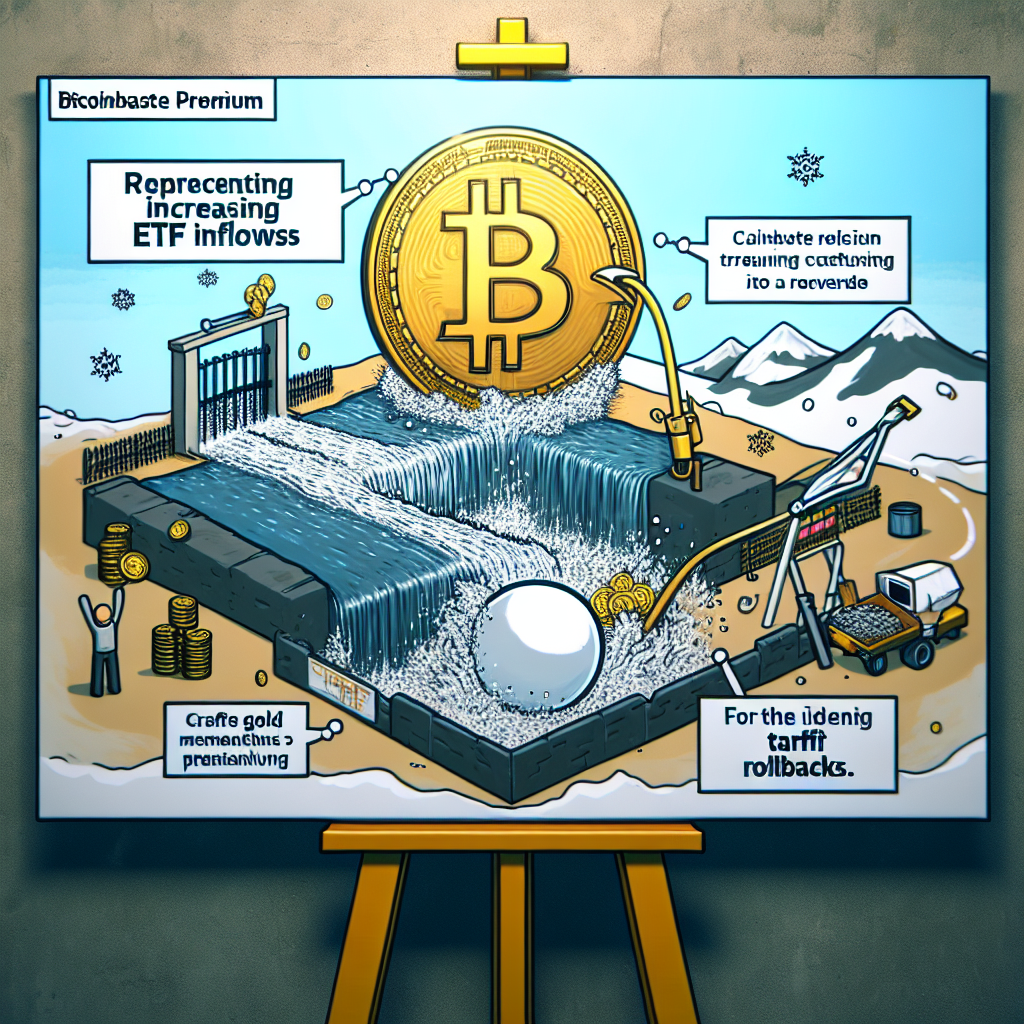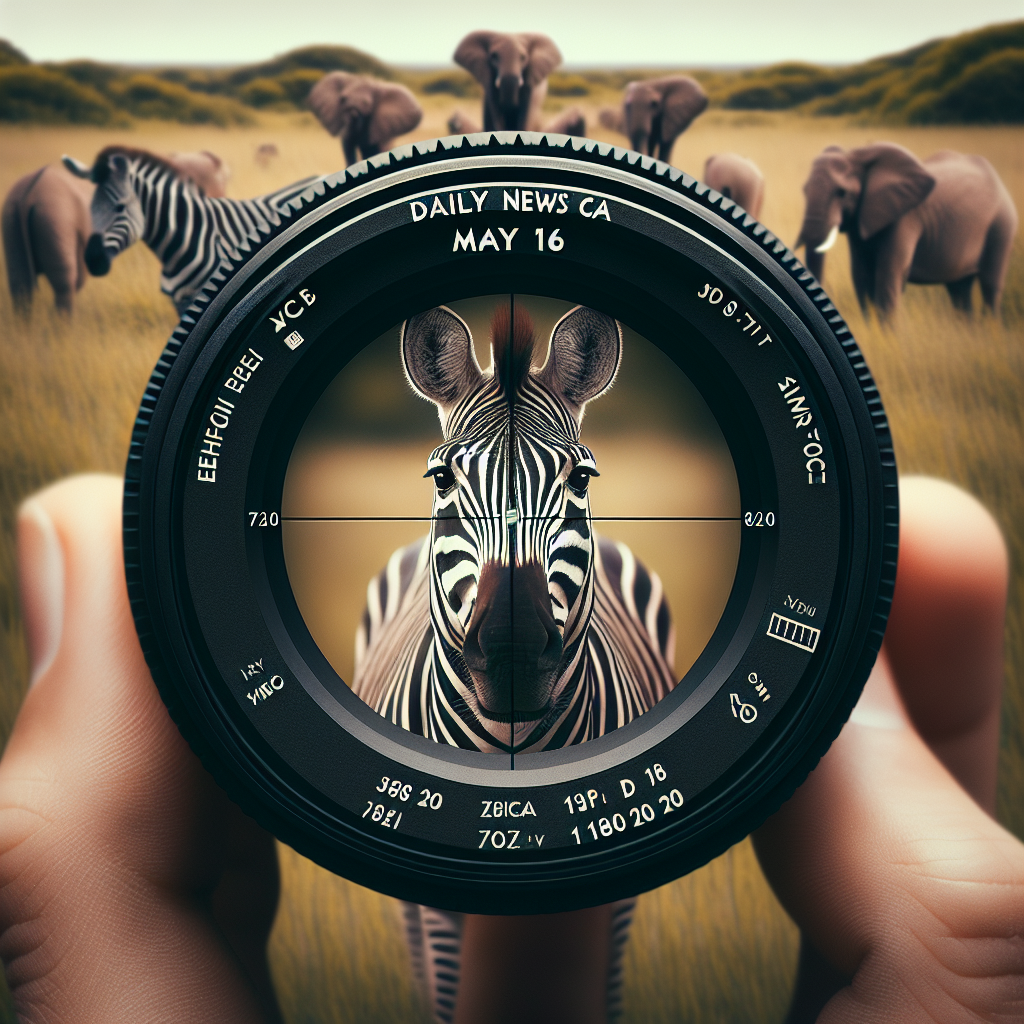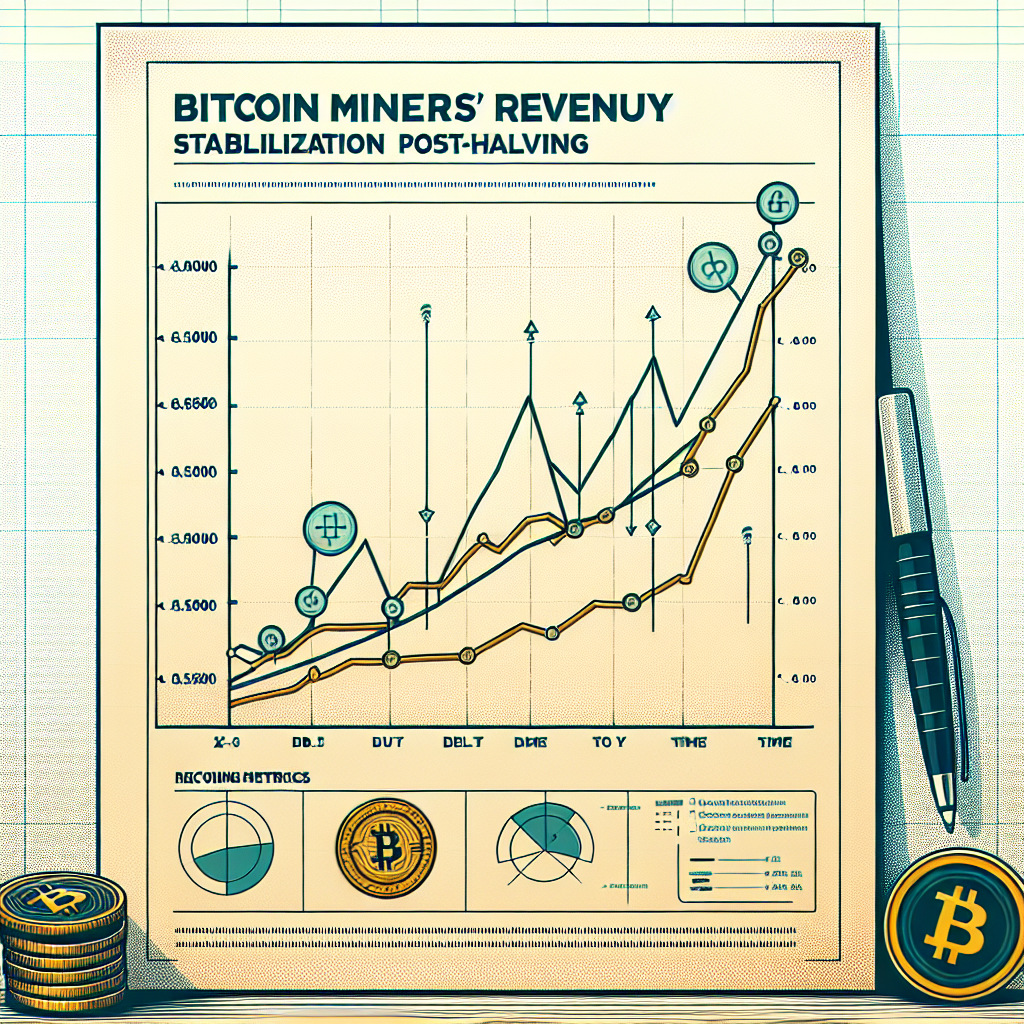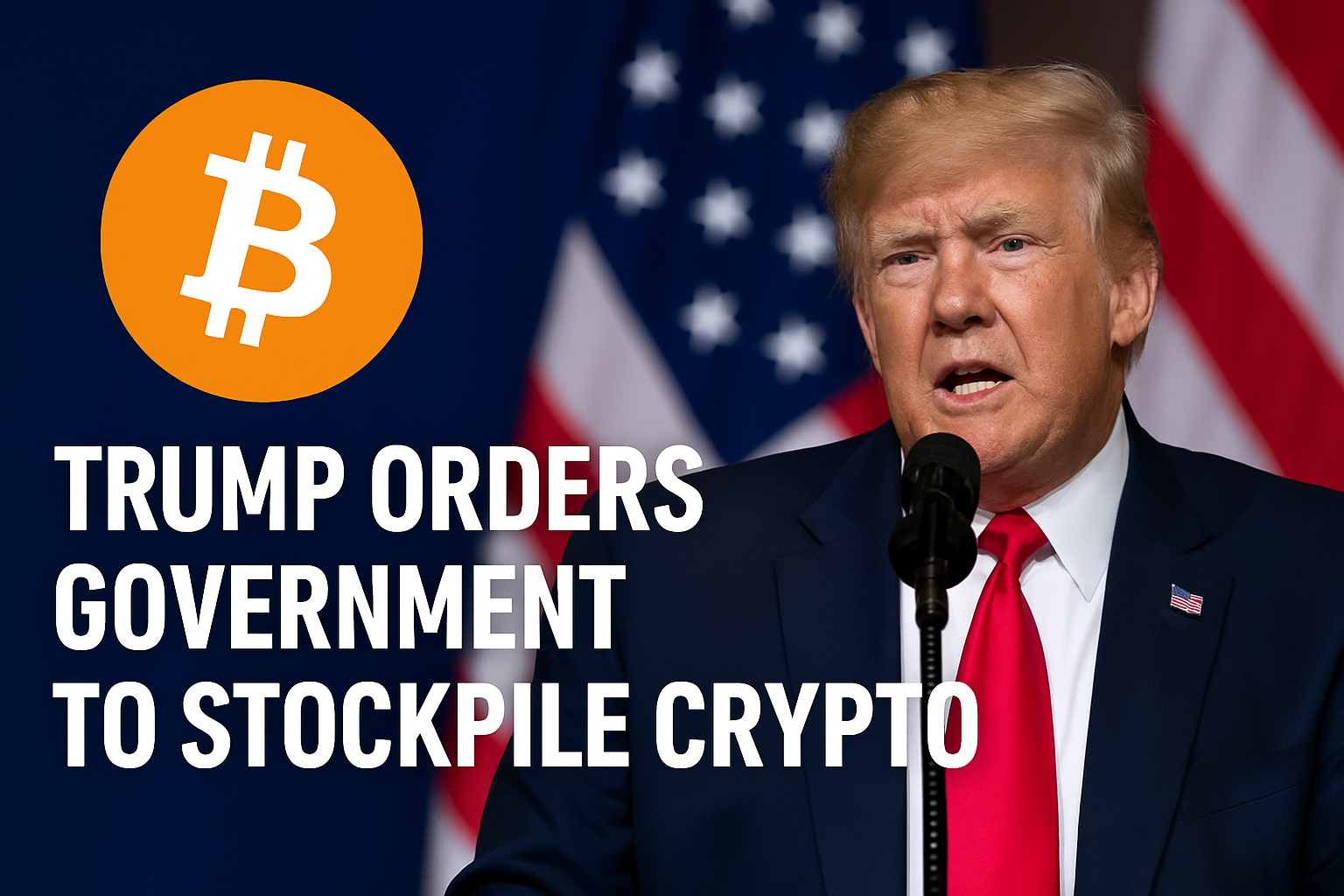
In what can only be described as a tectonic shift in global monetary strategy, President Donald Trump has signed an executive order to add cryptocurrencies—starting with Bitcoin, Ethereum, Ripple, Solana, and Cardano—to the official strategic reserves of the United States government.
From Fort Knox to Crypto Vaults
Traditionally, governments have relied on gold, oil, and foreign currency as strategic assets. Now, with this move, Trump is essentially saying: “Bitcoin is the new gold.”
As someone who observes the awkward waltz between state power and decentralized finance with both fascination and skepticism, this move feels like trying to put a leash on a tiger. You can store it—but you can’t tame it.
Why Trump Is Doing This
Trump’s rationale is classic Trump:
- Economic security
- American dominance in digital markets
- And, of course, a geopolitical jab at China
According to the executive order, this reserve strategy is designed to “safeguard national interest in a multipolar digital economy.”
What This Means for Crypto
Short-term? Markets rallied. Bitcoin jumped 3.2% within hours of the announcement. ETH and XRP followed.
Long-term? Much less clear.
- State-driven accumulation can trigger volatility. What happens if a future administration dumps it all?
- Moral hazard creeps in. Will investors now expect bailouts in the form of government buying during bear markets?
- Selective inclusion. What about Dogecoin, Monero? Not even mentioned.
Philosophy Meets Policy
This isn’t just about assets—it’s about ideology.
Trump is co-opting the language of Web3—decentralization, borderlessness, digital sovereignty—and nationalizing it. Irony or insight? Probably both.
This is textbook “decentralized centralization.”
Governments once feared crypto. Now they want it in their vaults. That doesn’t mean they understand it—or that they can control it.
Final Thoughts
Is it bullish? Maybe. Is it dangerous? Definitely maybe.
The U.S. just became the first major country to treat crypto like oil or gold. That’s historic.
But crypto wasn’t born to be hoarded by governments. It was born to be free.
And maybe—it still is.
